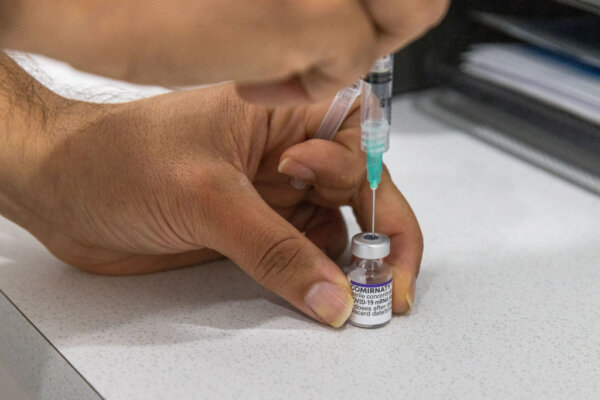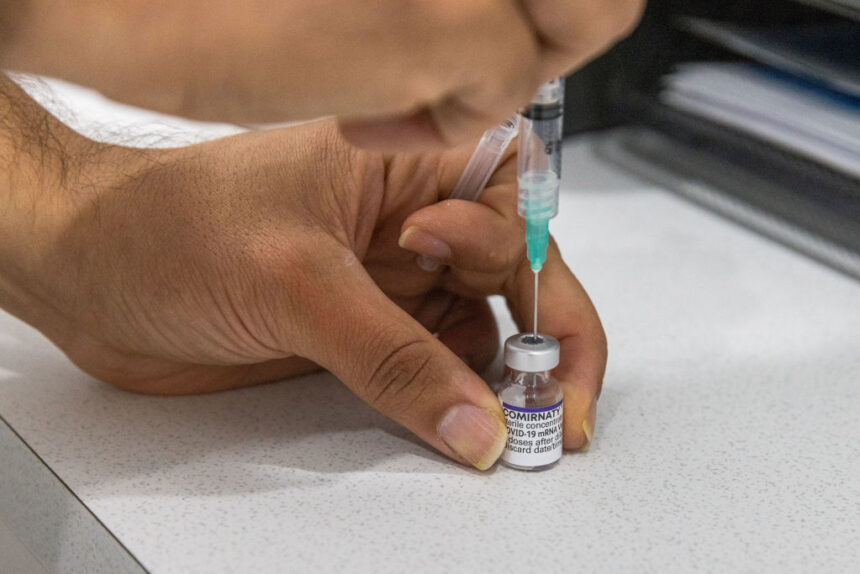
In Australia’s New South Wales (NSW), a COVID-19 vaccination mandate for health workers and students has come to an end. A new policy directive from NSW Health states that COVID-19 vaccination is now strongly recommended, rather than required, for all NSW Health workers.
However, high-risk staff are still required to receive the seasonal flu vaccine, along with other necessary shots, to be considered compliant. This includes all Category A workers and new recruits, such as those working in emergency departments, oncology wards, pregnant women, immunocompromised individuals, and children under two.
Additionally, high-risk staff must also receive vaccines for measles, mumps, rubella, hepatitis B, chickenpox, diphtheria, tetanus, and whooping cough. Category B staff are only recommended, not required, to receive these vaccines.
New recruits are responsible for complying with the policy directive at their own cost, while existing staff can receive vaccinations as needed at no cost. Ongoing compliance includes a diphtheria, pertussis, and tetanus (dTpa) booster every 10 years.
Despite the changes, new staff with medical contraindications to any vaccine can still be employed following a risk assessment and providing evidence.
The new policy follows consultations with staff, health unions, and local health districts, as announced by NSW Health in March. Chief Health Officer Dr. Kerry Chant emphasized the importance of COVID-19 vaccination for protection against severe illness, particularly for high-risk individuals.
Furthermore, the Australian Technical Advisory Group on Immunisation (ATAGI) has updated its advice on COVID-19 vaccines in 2024. The group recommends specific dosing intervals for different age groups and risk levels, highlighting the importance of vaccination in protecting against severe disease.
The Australian federal budget includes significant funding for ongoing access to vaccines, with allocations for the national COVID-19 vaccine program and other vaccination initiatives. This funding reflects the government’s commitment to supporting vaccination efforts and ensuring public health and safety.
Overall, the evolving landscape of COVID-19 vaccination policies and recommendations underscores the importance of staying informed and up to date on vaccine guidelines to protect against the virus and its variants.






